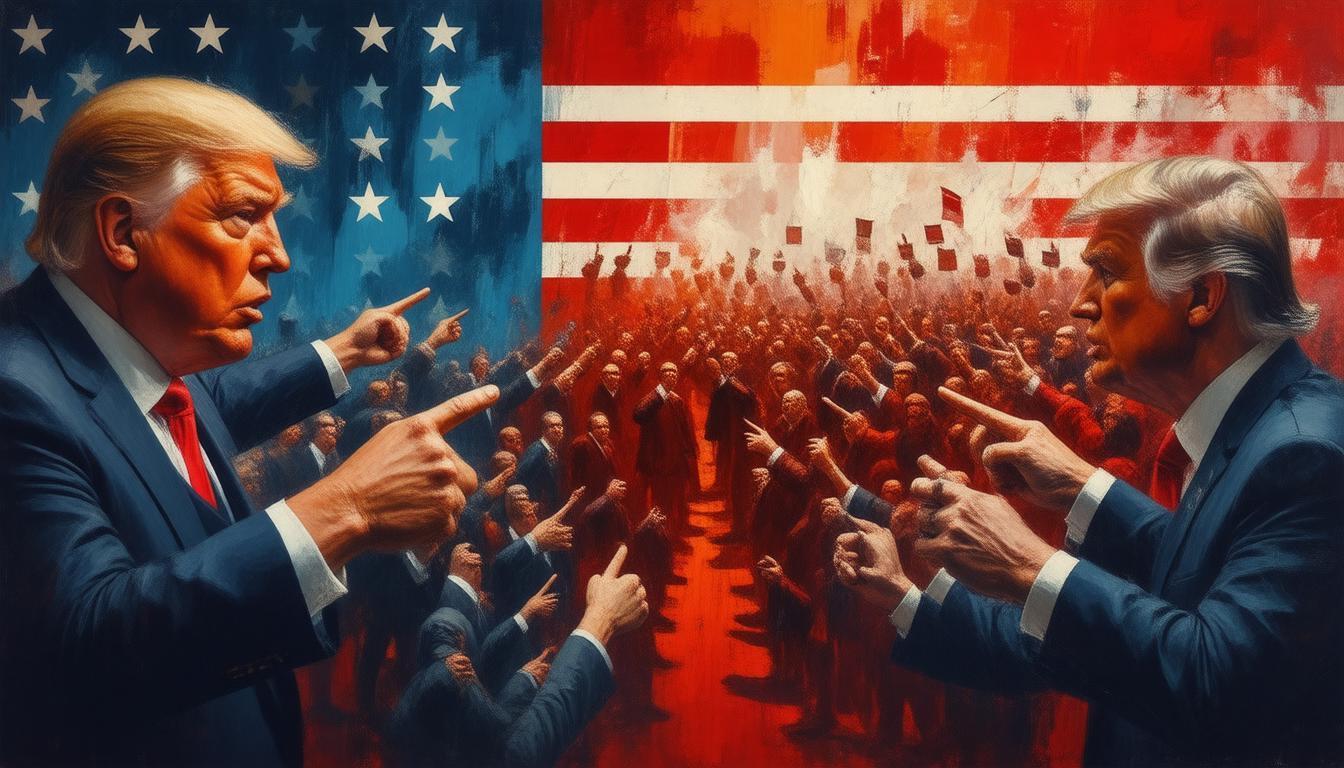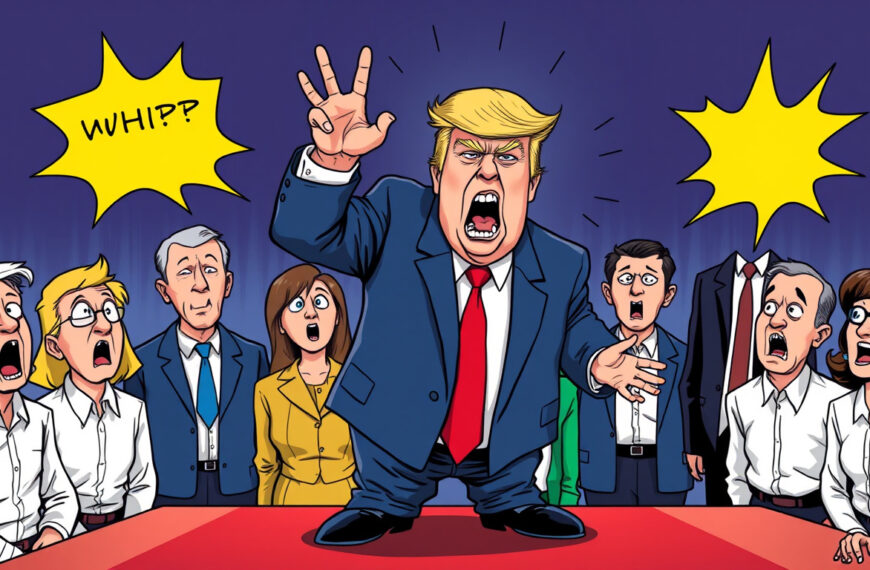In recent years, American politics has witnessed a pronounced shift toward a blame game culture, particularly under the influence of the MAGA (Make America Great Again) movement. The focus seems to have shifted from accountability and policy debate to attributing failures and shortcomings directly to political opponents, with President Joe Biden frequently positioned as the prime target. This article takes a closer look at this trend, unpacking the underlying dynamics and implications of blame-shifting in contemporary American politics.
The Blame Game in Action
Recent discussions surrounding rising egg prices, inflation, and foreign policy decisions illustrate the current political landscape’s blame game. For instance, the price of eggs has surged by approximately 30%, and rather than addressing the roots of these issues, prominent figures in the MAGA movement have pointed fingers squarely at Biden. Republicans, including members of Congress, have exonerated former President Donald Trump from responsibility, despite rising living costs during his administration, positing that “this was not my problem” during his brief term.
Mark Alford, a congressman from Missouri, provides a salient example of this backlash. When questioned about Trump’s approach to Ukraine, he deflected to criticize Biden, asserting that Biden’s actions in Afghanistan sowed the seeds for Russian aggression. Such rhetoric suggests a deliberate strategy to redirect public anger towards the current administration, framing it as the source of various national issues, regardless of the complexities involved.
A Pattern of Deflection
This strategy of blame deflection is not confined to a single issue. It spans inflation, aviation safety, and international policy—merely leveraging Biden’s name as a scapegoat. Even in conversations regarding the national increase in air disaster incidents, Biden is held accountable despite the fact that the larger causative factors might lie elsewhere.
Critics argue that this dynamic of blame allows politicians to avoid grappling with the realities of governance by simplifying complex issues into a binary of blame and absolution. For example, Trump’s arguments during interviews often pivot to blaming Biden for economic downturns and other challenges, showcasing how the former president has stepped back from responsibility while pushing the narrative of his administration’s successes juxtaposed with current failures.
The Political Consequences
One of the most significant ramifications of this blame game is its impact on voter perception. As noted in discussions surrounding the upcoming elections, the effectiveness of Democrats in communicating the truth behind economic indicators may be undermined by narratives that resonate more emotionally with voters. The concept that “perception is reality” holds heavy weight; if voters believe that the economy is faltering under Biden despite empirical evidence to the contrary, they may lean toward candidates who reinforce that narrative, regardless of accountability.
As highlighted, the political landscape is often shaped not only by data but also by public sentiment. For Democrats, this creates a daunting task: reconciling the objective economic realities with the misperceptions that may lead to electoral consequences. The potential for misinformation and fear-mongering to sway voter opinion emphasizes the urgent need for clear communication and effective truth-telling in political discourse.
Conclusion
As America navigates an increasingly polarized political environment, the propensity for a blame game mentality appears set to continue. This shift from policy discussion to finger-pointing may foster disillusionment among the electorate rather than inspire collaborative solutions to common challenges. The ongoing discourse surrounding Biden, inflation, and international affairs reflects a broader trend of using blame as a political tool, one that may ultimately distract from addressing the very issues that impact American lives daily. Understanding this phenomenon will be pivotal in dissecting future political strategies and their implications on governance and public trust.
Ready to get in the game and start making money on Pump.fun? DogWif Tools is the #1 memecoin sniper tool for becoming a Pump.fun millionaire. Get DogWif Tools today and become a memecoin dev!








